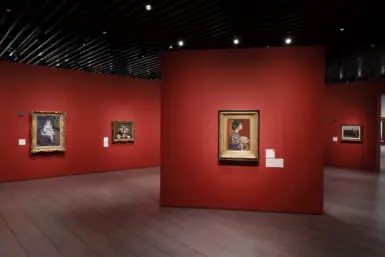The United Nations condemned “sorcery” crimes in Papua New Guinea following increasing reports of torture and killing of people, especially women, accused of using “witchcraft” in the South Pacific nation.
“We are deeply disturbed by reports of the torture and killing of a 20-year-old woman accused of sorcery in Mount Hagen, Papua New Guinea, on February 6,” UN human rights spokeswoman Cecile Pouilly told a news briefing in Geneva.
“We note with great concern that this case adds to the growing pattern of vigilante attacks and killings of persons accused of sorcery in Papua New Guinea,” Pouilly added.
Kepari Leniata was burnt alive in front of a crowd by relatives of the 6-year-old boy whom she was accused of killing using “black magic”, Reuters reports.
Women, especially widows, are vulnerable to “sorcery” attacks such as torture, rape, mutilations and murder, says Rashida Manjoo, UN special rapporteur on violence against women.
“Sorcery accusations are commonly used to deprive women of their land and/or their property,” she said in a report to the UN Human Rights Council.
Five people, three of them women, were tortured for 20 days and killed last November after being accused of using sorcery to murder others, according to the UN human rights office.
UN High Commissioner for Human Rights Navi Pillay called on authorities in Papua New Guinea to investigate the “heinous crimes” and urged it to repeal a 1971 law defining sorcery as a crime.
“We welcome the proposal by Papua New Guinea’s Constitutional Law Reform Commission to repeal the Sorcery Act and we call for a stronger legal response to such killings,” Pouilly told Reuters.









